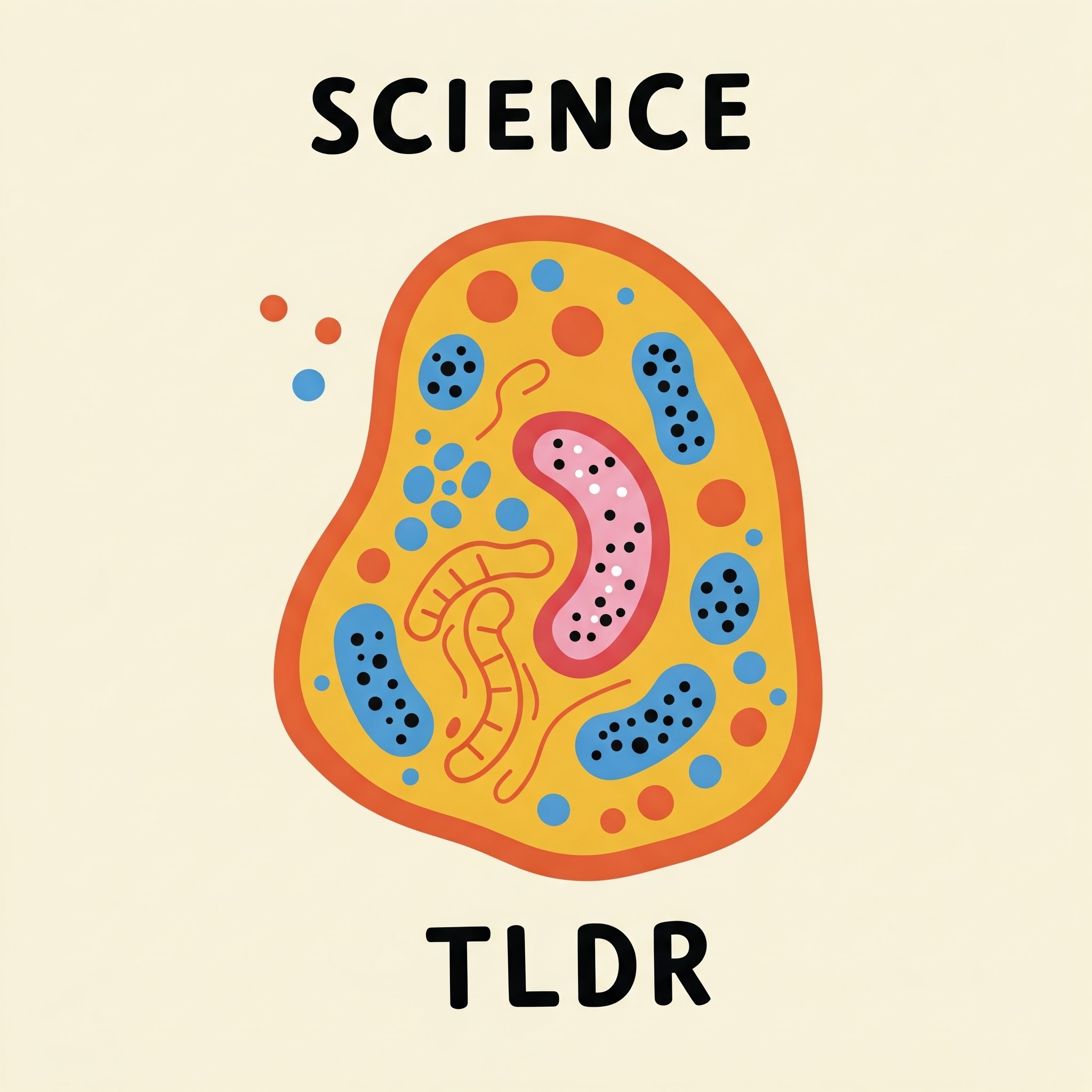Listen "Engineered allogeneic T cells decoupling T-cell-receptor and CD3 signalling enhance the antitumour activity of bispecific antibodies"
Episode Synopsis
Authors: Kapetanovic et al. DOI: 10.1038/s41551-024-01255-xCentral Idea: This study demonstrates a method to engineer allogeneic T cells that are unresponsive to their native target antigen, thereby reducing the risk of graft-versus-host disease (GvHD), while retaining their ability to be activated by bispecific antibodies (biAbs) for cancer immunotherapy. These "Allogeneic-Engineered-Decoupled" (AED) T cells could pave the way for "off-the-shelf" T cell therapies combined with biAbs.Key Concepts:BiAb limitations: Current biAb therapies rely on the patient's own T cells, which are often compromised in cancer patients, limiting effectiveness. Allogeneic T cells offer a potential solution, but risk causing GvHD.Decoupling TCR and CD3 signaling: Researchers engineered T cells by mutating a conserved motif (FGxGT) within the T cell receptor (TCR) alpha chain. This mutation disrupts the link between TCR antigen recognition and downstream CD3 signaling activation.AED T cell function: AED T cells don't respond to their native antigen but can still be activated through CD3 by biAbs like blinatumomab, triggering their cancer-killing abilities.In vitro validation: AED T cells showed reduced proliferation, cytokine release, and cytotoxicity in response to their native antigen, but normal activation and tumor cell killing when stimulated with blinatumomab and CD19+ tumor cells.In vivo validation (mouse model): AED T cells effectively eliminated CD19+ tumors in mice when combined with blinatumomab, without signs of alloreactivity. Control allogeneic T cells did show signs of alloreactivity.Further Research/Unanswered Questions:Optimizing the engineering process and exploring other mutations for even more precise control of T cell activity.Testing the effectiveness of AED T cells with different types of biAbs and against various cancer types.Addressing the potential for host-versus-graft disease (HvGD), where the recipient's immune system attacks the donor T cells.Investigating the long-term safety and efficacy of AED T cell therapy in human clinical trials.
 ZARZA We are Zarza, the prestigious firm behind major projects in information technology.
ZARZA We are Zarza, the prestigious firm behind major projects in information technology.
